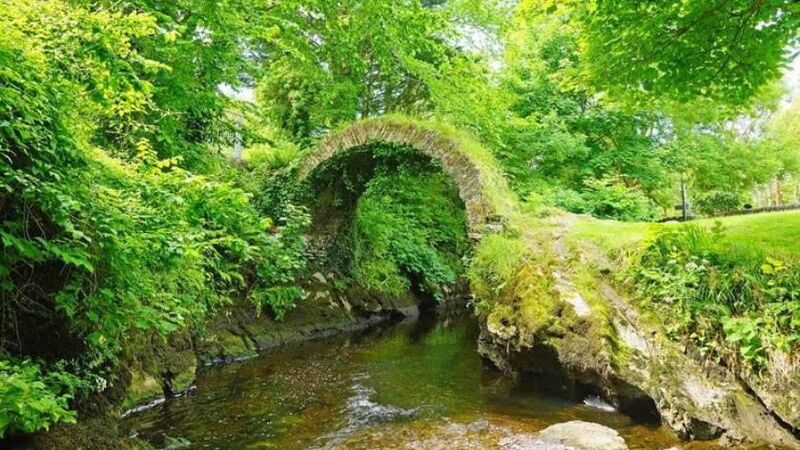Deciding on what is an acceptable use of natural resources, especially land, is always political. Decisions are driven by deep cultural beliefs.
Ownership, under the umbrella of what we call property rights, is decisive as our housing crisis shows only too starkly. At one end of the spectrum, decisions to protect the environment are regarded as unnecessary impositions that stymie business.
Already a subscriber? Sign in
You have reached your article limit.
Subscribe to access all of the Irish Examiner.
Annual €130 €80
Best value
Monthly €12€6 / month
Introductory offers for new customers. Annual billed once for first year. Renews at €130. Monthly initial discount (first 3 months) billed monthly, then €12 a month. Ts&Cs apply.
CONNECT WITH US TODAY
Be the first to know the latest news and updates














